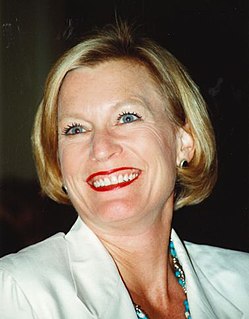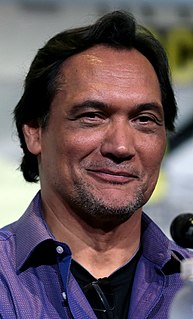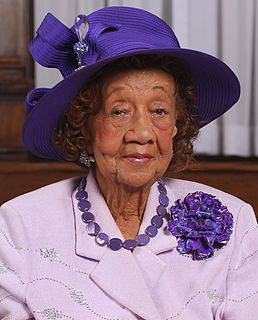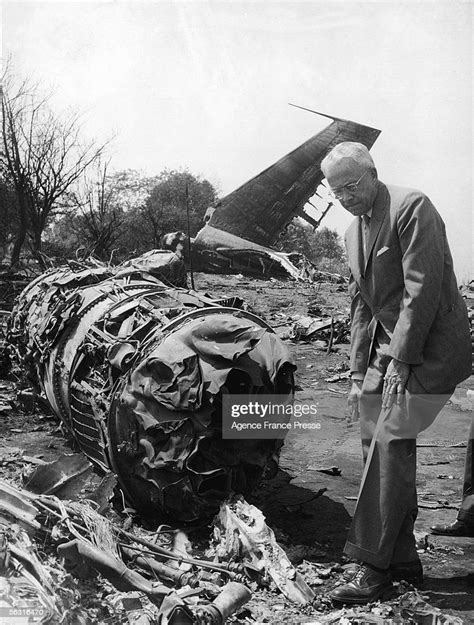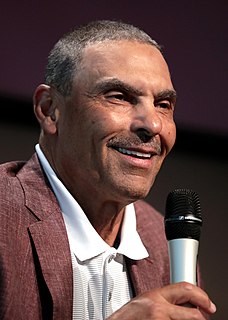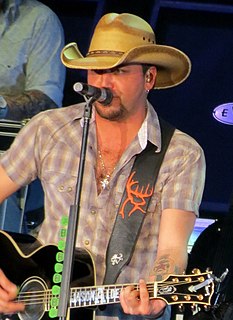A Quote by Andre Gray
I went to Zanzibar on holiday and there was a lot there about civil rights and there was a museum, where there are old slave chambers. It was horrible to go to and they've still got the chains there. It opens your eyes a lot.
Related Quotes
History has different yardsticks for the cruelty of the Northerners and the cruelty of the Southerners in the Civil War. A slave-owner who through cunning and violence shackles a slave in chains, and a slave who through cunning or violence breaks the chains – let not the contemptible eunuchs tell us that they are equals before a court of morality!
The earliest issue I can remember going through was body image issues. I was a chubby little kid and I got made fun of for it. I dealt with horrible, horrible self esteem issues, and I still struggle with that. I think it's what taught me a lot of empathy and compassion, though, but there are those days where I look in the mirror and I still see twelve year old fat Sara.
There's this big debate that goes on in America about what rights are: Civil rights, human rights, what they are? it's an artificial debate. Because everybody has rights. Everybody has rights - I don't care who you are, what you do, where you come from, how you were born, what your race or creed or color is. You have rights. Everybody's got rights.
There are a lot of doors that still get shut, and there are a lot of walls to still breach. But, the stuff that does come across to me, or that I hear about or read about, that I'm willing to go out there and fight for, I still have to go audition. I do have a certain leeway to choose, from that group, what I want to say, as an artist.
The foundations of modern civil-rights law are exceptionally secure. Conservative judges nibble around the edges sometimes, and people still debate the constitutionality of affirmative-action programs. But almost no one seriously argues about the basic meaning or legitimacy of core civil-rights protections.
I spent a lot of time, a lot of energy trying to be a better artist and I still [do]. I spend a lot of time focusing on my craft. If you're going to take your passion into something beyond just something for fun on the side, you got to spend a lot of time on it to be great, and then you've got to make smart decisions about who you collaborate with [and] where you live [to] put yourself in the right situations to meet the right people to catch those breaks.
But for me, I thought you made a record, you got on a bus, went out and played your shows and made a lot of money. That was the way it was supposed to go down. But there's a lot more to it than that. There are a lot of early mornings, late nights, a lot of traveling, a lot of being away from home, being away from your family.





